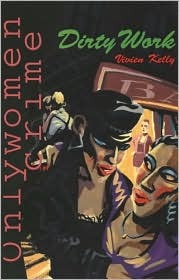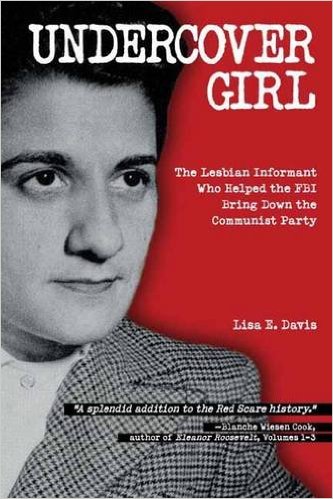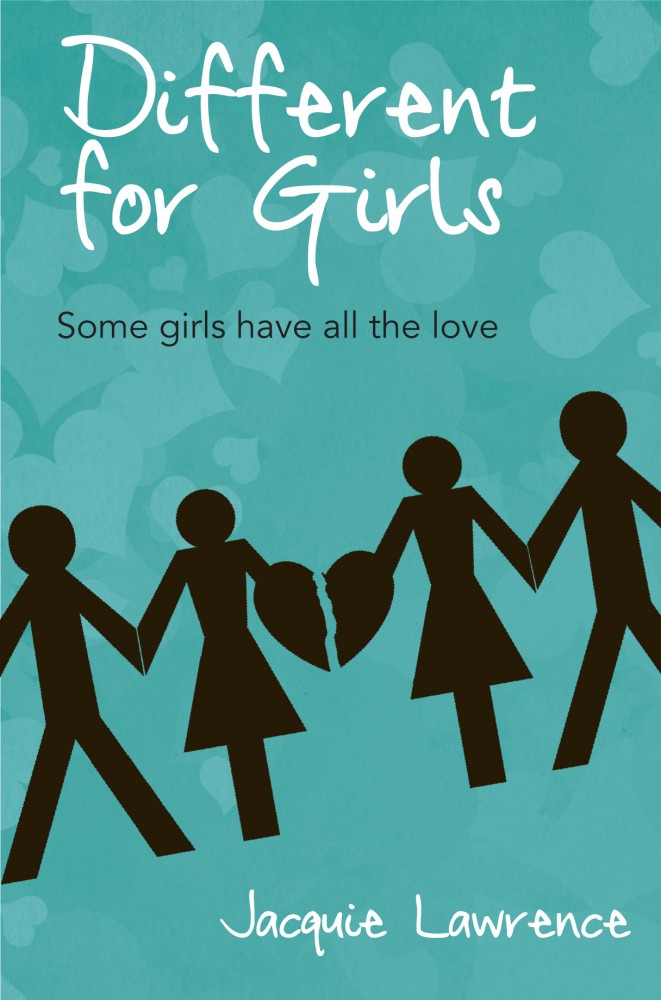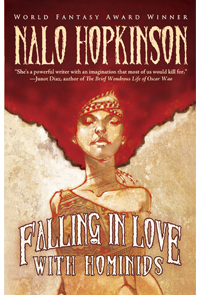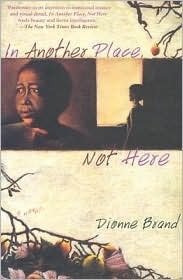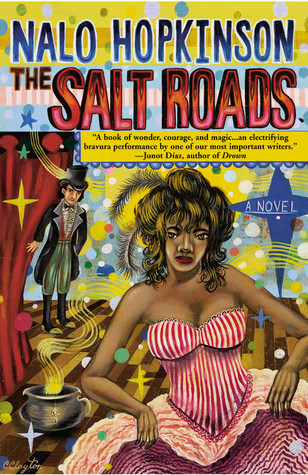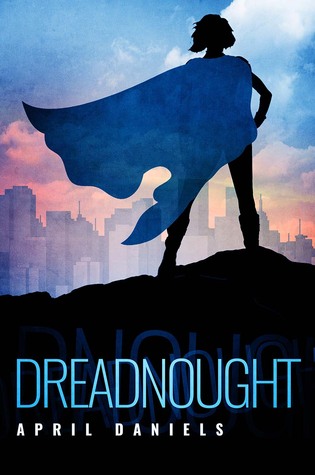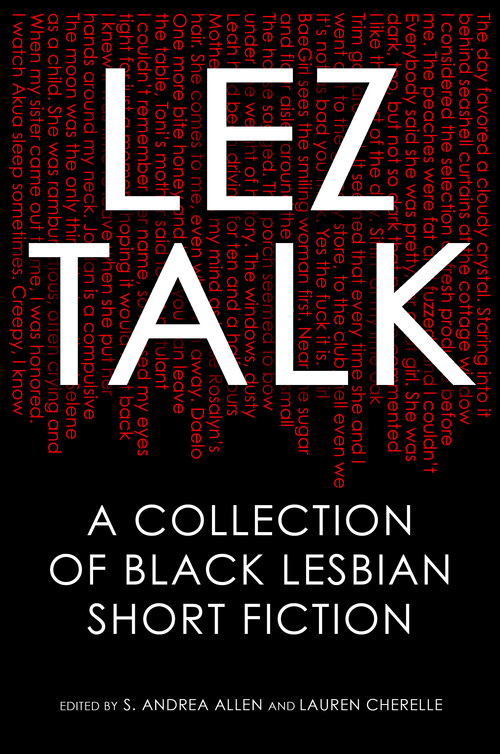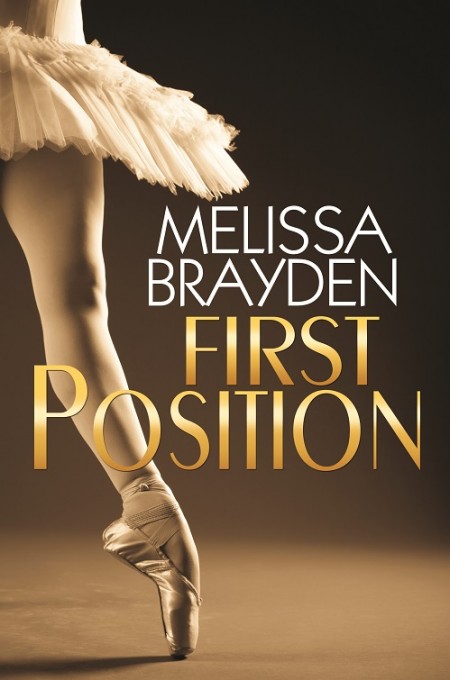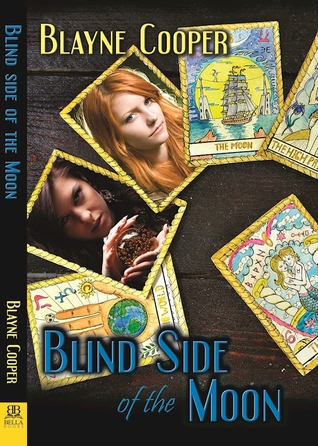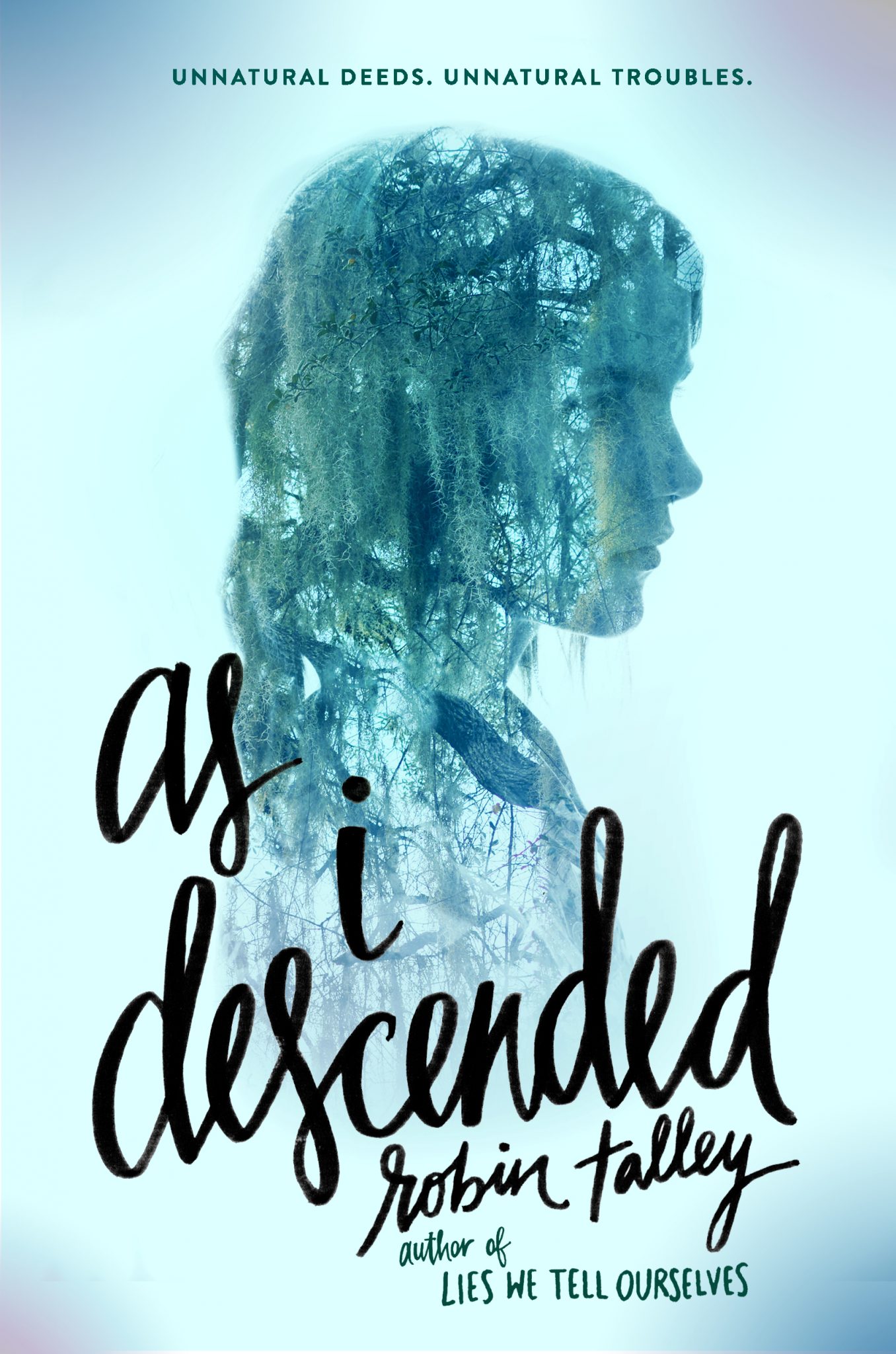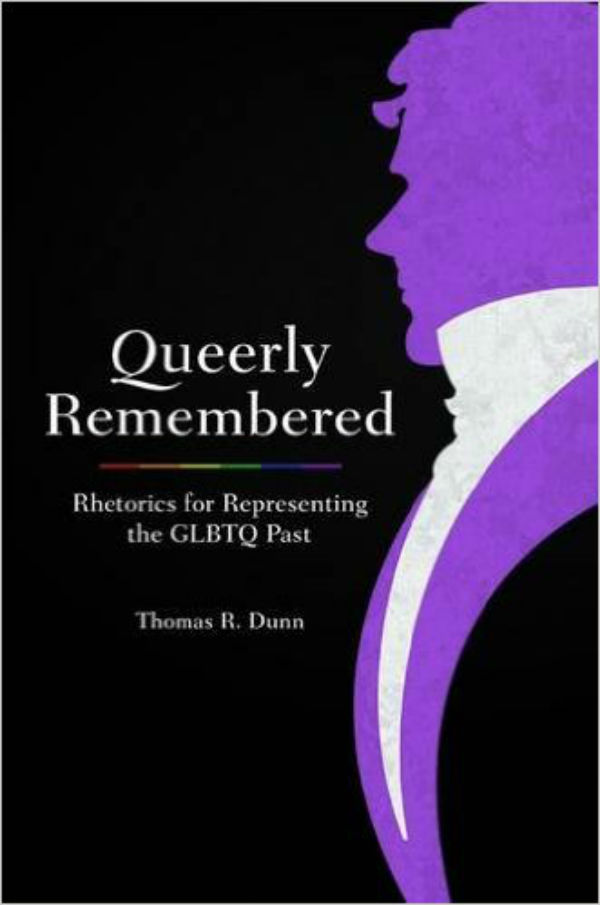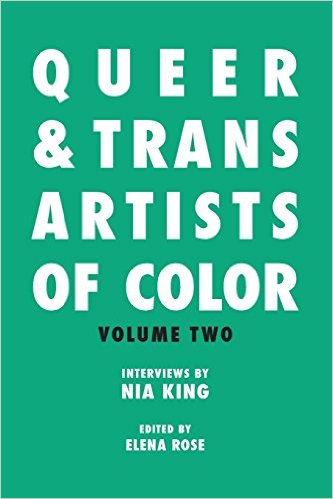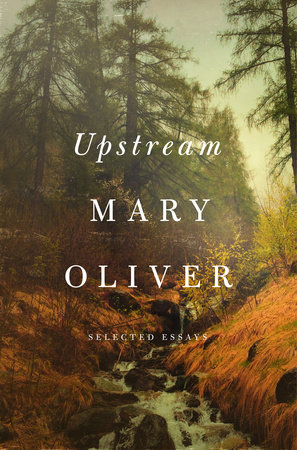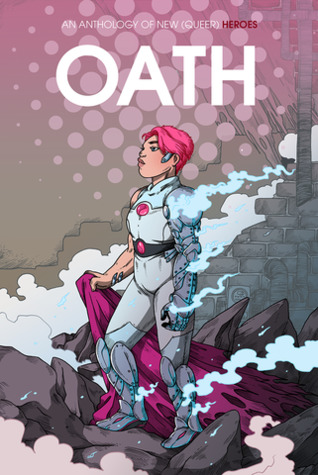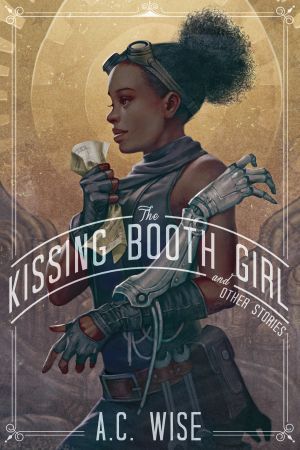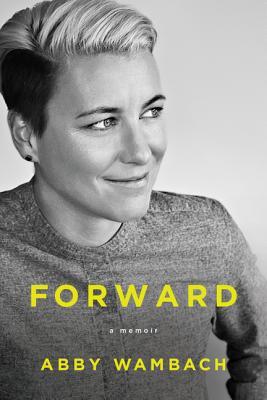Jo Summers is kind of a social worker. She is the office manager of a London hostel for the disadvantaged. I’m not sure we have the equivalent in the U.S—halfway house, maybe—but the residents of her house are ex-drug addicts, ex-prostitutes, or abused men and women who have been approved to live in inexpensive housing until they can get back on their feet. When one of Jo’s favorite residents is found dead of an overdose, Jo suspects foul play of some kind. The police, of course—including an old flame—don’t agree, so Jo is forced to investigate the death on her own. Other deaths follow in short order.
In the course of her investigation, she is thrown into contact with a number of savory and unsavory characters—some of which she spends the night with. As in all good mysteries, one interview leads to another to another and to another until at last she seems to understand what the hell is going on. It is kind of a unique novel in that there is not a similar novel that comes immediately to mind. Maybe Looking for Ammu, although the resemblance is slight.
The best thing about this book is its consistent quality in every aspect of the writing. Jo’s first-person point of view narrative is a thing of beauty, such as when she describes the relationship between one of her friends and his lover: “to say that the two of us didn’t get on is like saying that Tom and Jerry had their little differences of opinion.” The descriptions of the hostel and of its work for the community are interesting and progressive. The characters are well drawn and the mystery is logical and puzzling. Few books are so well done A-Z.
Having heaped up those particular praises, I need to add that, although good, it is not a great book. The characters are not quite interesting enough, the crime doesn’t have that extra twist that brings it up to Poe level. Kudos to Onlywomen Press, who are “Radical lesbian feminist publishers,” for printing a book whose life may not yet be over.
The real crime here is that such a good book has not yet had a single review either on Amazon or on Goodreads (except mine). I’m going to go ahead and give this one a 4 plus. It may not be on the level of a Nikki Baker or a Kate Allen, but it is close. It’s not going to appear on many Top-10 lists, but it is a book I would recommend to you or anyone. And I can’t say that for many books I read. Get in touch, Vivien. Let’s get Dirty Work formatted as an e-book. And maybe we can share a bottle of Glenmorangie.
For 250 other Lesbian Mystery reviews by Megan Casey, see her website at http://sites.google.com/site/theartofthelesbianmysterynovel/ or join her Goodreads Lesbian Mystery group at http://www.goodreads.com/group/show/116660-lesbian-mysteries

